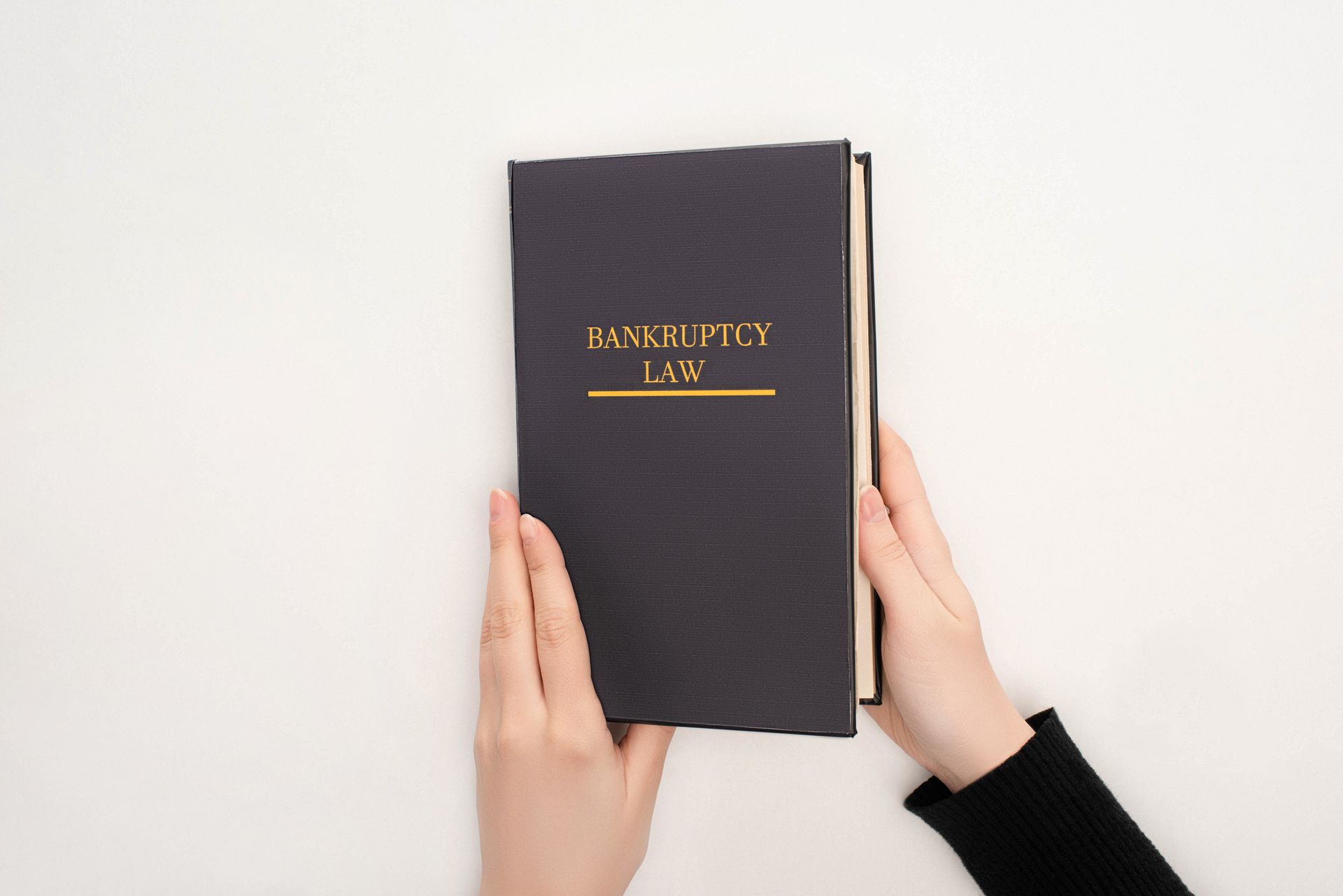Do I Need to List My Business Assets in My Personal Bankruptcy?
 If you are considering filing personal bankruptcy, and you also own a small business, there are a few things you need to know. One common question is whether or not business assets need to be listed as assets in the personal bankruptcy filing. However, there are many more questions that bankruptcy petitioners just like you faced when they contemplated petitioning the court for a bankruptcy discharge.
If you are considering filing personal bankruptcy, and you also own a small business, there are a few things you need to know. One common question is whether or not business assets need to be listed as assets in the personal bankruptcy filing. However, there are many more questions that bankruptcy petitioners just like you faced when they contemplated petitioning the court for a bankruptcy discharge.
Filing personal bankruptcy can take a toll on businesses owned by the petitioner. How much the personal bankruptcy affects the business depends on the legal structure of the business and the type of bankruptcy petition that is filed with the bankruptcy court. There are two types of bankruptcy filings for individuals: Chapter 7 and Chapter 13.
Chapter 7 Bankruptcy & Your Business Assets:
Chapter 7 is the most common type of bankruptcy filing. Chapter 7 is often referred to as a liquidation bankruptcy because the court-appointed Trustee oversees the liquidation of the filer’s non-exempt assets to satisfy debt claims. During a Chapter 7 bankruptcy, the petitioner’s business could be considered an asset to be liquidated.
Chapter 13 Bankruptcy & Your Business Assets:
Chapter 13 bankruptcy is the second type of bankruptcy filing. Chapter 13 is often referred to as a reorganization bankruptcy. In a Chapter 13 bankruptcy, the petitioner’s creditors agree with the bankruptcy trustee on settlement or repayment plans that take into consideration the petitioner’s assets, debts, and sources of income. Sole proprietors or individuals owning shares in a corporation can file a personal Chapter 13 bankruptcy and list property interest in schedule B to exempt the equity/property interest they have in the corporation.
In a Chapter 13 bankruptcy, the court mandates a strict repayment plan with accompanying personal living budget. The filer must agree to abide by the repayment plan and budget and they may be in place for several years. Business ownership assets could be affected since some portion of the funds for debt repayment are likely to come from the business.
How Your Business is Structured Could Affect Bankruptcy Outcome:
Small businesses generally have one of three legal organizations: sole proprietorship, an LLC (limited liability corporation), or a corporation.
Sole Proprietorship: When a business is operating as a sole proprietorship, the law does recognize a distinction between the owner and the business. The court will generally regard the business as just another personal asset to be liquidated.
LLCs or Corporations: LLCs and corporations are legally recognized as separate entities, so if an individual with corporate interests in these types of entities declares bankruptcy, only the bankruptcy filer’s portion of the business is affected. The business continues to operate, and the petitioner’s equity in the business becomes an asset in the bankruptcy.
If you are a business owner considering bankruptcy and you need to discuss the pros and cons, please don’t hesitate to get in touch. Most bankruptcy offices in the Chattanooga area don’t have a single Consumer Bankruptcy Specialist on staff. Our office is the only one in the Chattanooga area with two! You are in good hands with Kenneth C. Rannick P.C.
The post Do I Need to List My Business Assets in My Personal Bankruptcy? appeared first on Kenneth C. Rannick, P.C..










